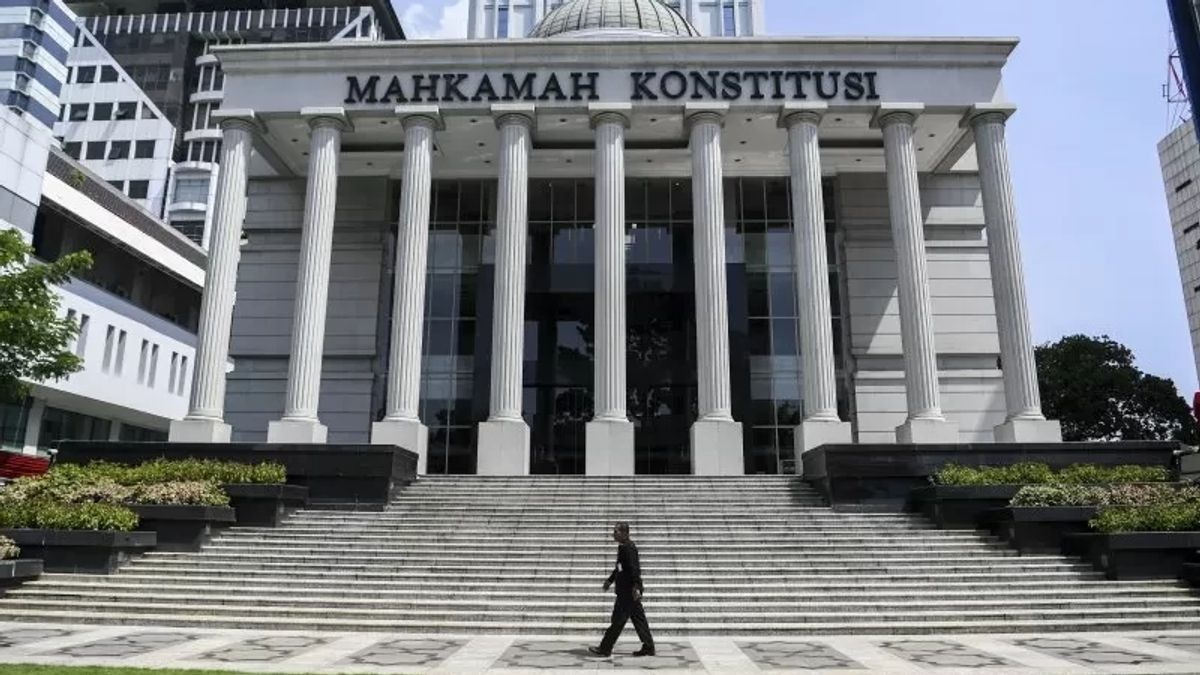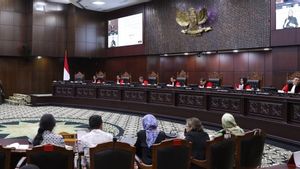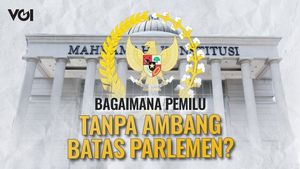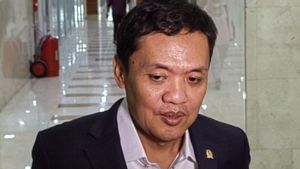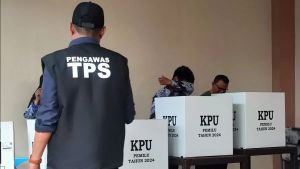The Constitutional Court (MK) recently issued a decision that influences the direction of politics and democracy in Indonesia. The parliamentary threshold, which was originally 4 percent, must be changed before the 2029 election.
A number of parties such as PSI and PPP are pushing for an immediate revision of the threshold, while Tulisem highlights the expansion of discourse regarding political policy. Despite these mixed views, it is important to dive into the implications and consequences of this change in parliamentary thresholds.
First, changes in parliamentary thresholds can change political dynamics substantially. By lowering the threshold, small parties have a greater chance of entering parliament, enriching political representation to be more inclusive. However, there are concerns that lowering the threshold could also result in political fragmentation, where political power is fragmented or divided into smaller groups or entities which may lead to less political stability.
Second, changes in parliamentary thresholds can influence the legislative process. With more political parties in parliament, there is the potential for a more diverse coalition to emerge. This can open the door to broader representation, but it can also make it difficult to form stable and consistent majorities in policymaking.
Third, changes in parliamentary thresholds raise questions about the role and dynamics of political parties. With the door more open to smaller parties, this could lead to fiercer competition between political parties. However, real challenges will arise in maintaining the integrity and vision of political parties amidst increasingly fierce competition.
This Constitutional Court decision also gave rise to new discourse regarding election mechanisms and democracy in Indonesia. Different views regarding the need to adjust election rules are becoming increasingly clear. Thus, changing the parliamentary threshold is not just a technical matter, but also concerns the essence of our political and democratic system.
SEE ALSO:
In this context, the responsibility of the DPR becomes very important. The MK handed over adjustments to the parliamentary threshold to the DPR, which must ensure these changes are implemented carefully and proportionally. It must be analyzed carefully, what is the ideal threshold. Don't keep changing. Not only that, the participation of civil society and experts in this change process must also be guaranteed, to ensure that decisions taken reflect the interests and aspirations of society at large.
In the context of this change, policies related to presidential candidacy also need to be evaluated. The demands of the Democratic Party and also a number of parties to lower the threshold for presidential candidacy to below 20 percent highlight the importance of harmonizing various aspects of political policy to ensure equality and inclusiveness in the political process.
The change in parliamentary thresholds initiated by the Constitutional Court gave rise to various important discussions about the future of politics and democracy in Indonesia. It is important for us to look at this issue carefully and wisely, and ensure that decisions taken reflect the aspirations and needs of society as a whole. Not because of the interests of a few elites.
The English, Chinese, Japanese, Arabic, and French versions are automatically generated by the AI. So there may still be inaccuracies in translating, please always see Indonesian as our main language. (system supported by DigitalSiber.id)
